Introduction
If you’re a content creator, you’ll know your income doesn’t always behave itself. One month you’re flat out with brand deals and promo campaigns. The next… crickets.
That’s the reality for many of my clients. Some have brilliant months during Black Friday or summer launches, then it goes quiet in January or August. And what often gets overlooked in all this? Tax planning.
I’ve seen too many creators enjoy a great month, only to get hit with a tax bill later that knocks them off their feet. The key is to think ahead—not just to stay out of trouble with HMRC, but to make your money work smarter in the long run.
1. Why Is Tax Planning Important for Seasonal Income?
When your income goes up and down, planning ahead isn’t just helpful—it’s essential. Here’s why:
- Avoid nasty surprises at tax time
You might forget about the taxman during a good month, but he never forgets about you. - Smooth out your cash flow
Planning helps you avoid the feast-or-famine trap. You’re not rich in November and skint by February. - Make the most of what you can claim
There are plenty of deductions and allowances available—but you’ve got to know about them and act at the right time.
One client of mine had a five-figure month in December. We made sure they invested some of that into equipment and training, which helped reduce their tax and set them up for the year ahead.
2. Managing Cash Flow During Seasonal Peaks
When Business Is Booming:
I’ve seen clients hit massive earnings in one month, but not think ahead. One creator earned over £10k in December, but had to scramble in March because they hadn’t put any of it aside for tax.
Now? We’ve set up a rule: every time money comes in, 25% goes into a savings account for tax. No excuses.
If you’re having a strong month:
- Put 20–30% of your income into a separate tax pot.
- Pay off debts or build an emergency fund.
- Buy essential equipment while you’re earning (and claim the tax relief).
When Things Are Quiet:
Everyone has slower months—don’t let it derail you.
Use the downtime to:
- Tap into your savings pot if needed (that’s what it’s there for).
- Cut back on non-essentials—subscriptions, gear, travel.
- Hold off on big purchases unless absolutely necessary.
Avoid using credit unless you have a clear plan to repay it. What feels like a safety net now could tie you up financially later.
3. Taking Advantage of Tax Reliefs
The tax system isn’t always kind—but if you plan well, you can make it work in your favour.
Reliefs I help my clients use regularly:
- Annual Investment Allowance (AIA):
Bought a new laptop or camera? You can claim the full cost as a deduction. - Simplified Expenses:
HMRC lets you claim flat-rate deductions for home office use and travel—no need to track every single bill or mile. - Loss Relief:
Had a slow year? You might be able to offset those losses against past profits. I helped one client get a refund this way after a tough year due to illness.
Keep records, plan ahead, and don’t leave money on the table.
4. Quarterly Tax Payments for Better Management
A lot of influencers are caught off guard by the January tax deadline. But there’s a better way: Payments on Account.
This splits your tax bill into two parts:
- 31st January – first instalment
- 31st July – second instalment
Why it helps:
- Easier to budget for than one big hit
- You can ask HMRC to reduce payments if your income is lower this year
- It keeps you ahead of the game (and off HMRC’s radar)
Top tip: Use simple cloud accounting software like Xero or QuickBooks—or even a good spreadsheet—to track income and expenses. It makes everything easier come tax time.
5. Working with an Accountant
Let’s be honest: you didn’t become a content creator to sit and do spreadsheets. That’s where I come in.
Working with an accountant who understands your world means:
- Spotting income trends so you can plan ahead
- Setting up tax-saving strategies tailored to you
- Making sure you stay compliant without stress
- Helping you decide if (and when) to go limited
My goal isn’t just to tick HMRC’s boxes. It’s to help you build something sustainable—so you’re not always chasing your tail.
Conclusion
Just because your income goes up and down doesn’t mean your finances have to be all over the place.
I work with content creators who’ve been through it all—brand wins, dry spells, surprise tax bills. What makes the biggest difference isn’t how much they earn—it’s how well they plan.
- Save consistently
- Claim everything you’re entitled to
- Get support before things feel overwhelming
You don’t have to do it alone. If you’re tired of the feast-or-famine cycle and want more control over your money, let’s chat. Even one conversation can give you clarity and peace of mind.





